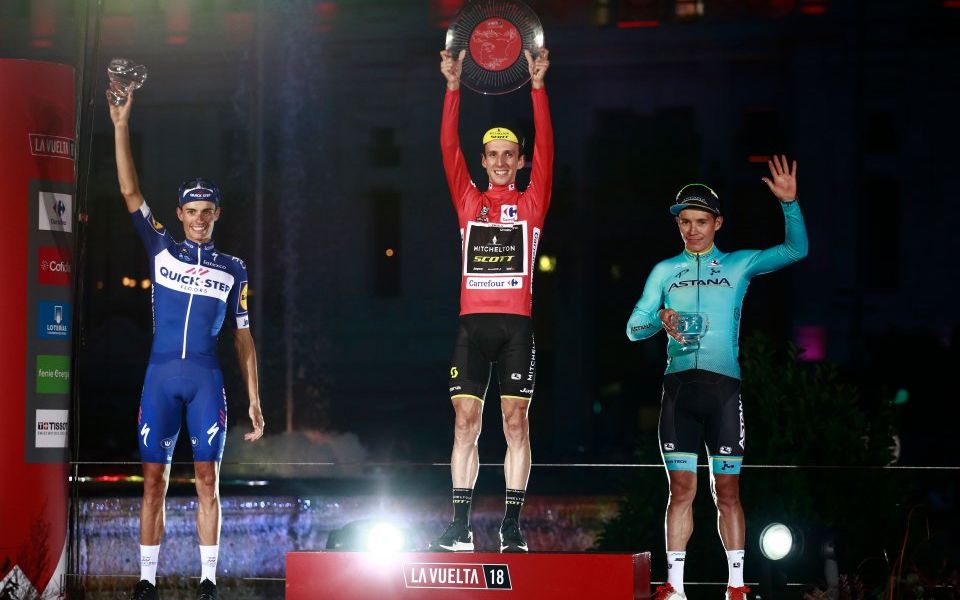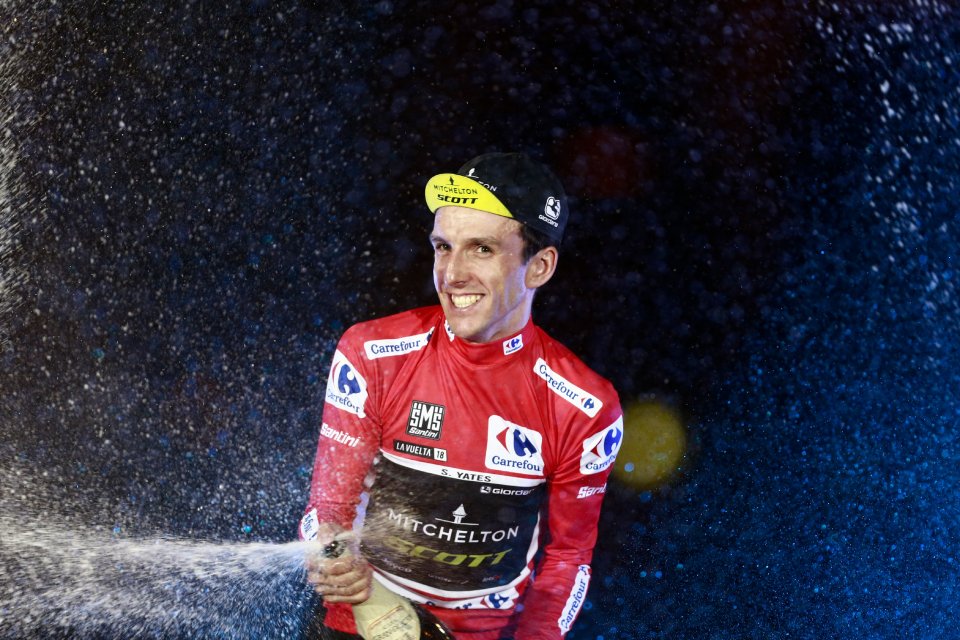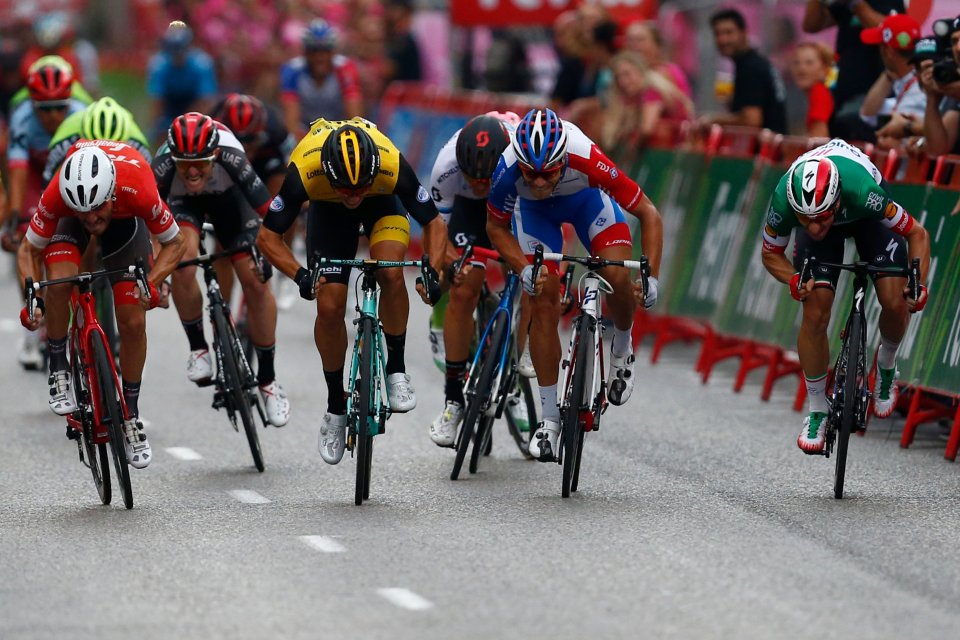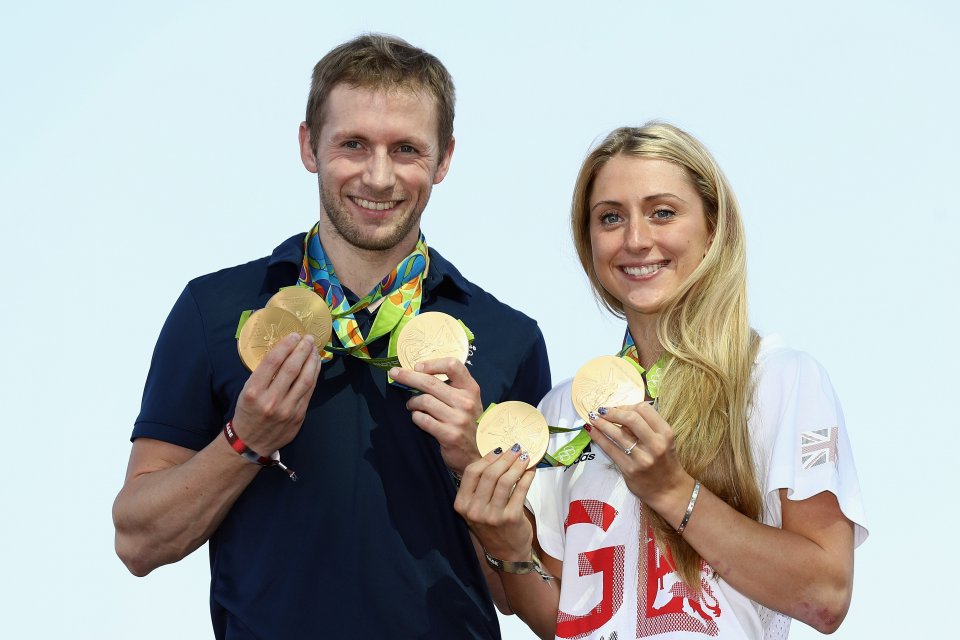Simon Yates’ Vuelta a Espana win caps unprecedented year for British Cycling

When Simon Yates finished the final stage of the Vuelta a Espana in Madrid on Sunday his victory was another chapter in Britain’s story of phenomenal success in competitive cycling.
Stepping onto the podium, the Bury-born cyclist was completing an unprecedented Grand Tour milestone for Britain. His success capped off an astonishing year for British cycling, ending a triumphant tale that began with Chris Froome winning his sixth Grand Tour title at Giro d’Italia in June and Geraint Thomas winning his maiden Tour de France in July.
The result is even more incredible when you take into account that no British cyclist from any team had won the Giro d’Italia before 2018 and that Yates was only the second after Froome to win the Vuelta a Espana.
Read more: Nathan Leamon interview: England's analyst on how stats are shaping cricket
These are first-time successes for both Yates and Thomas, in an era where Britain has won nine of the last 20 Grand Tours.
It’s not out of the question for nations to win multiple Grand Tours across a short period of time, or even for nations to win all three in one year – the most recent being Alberto Contador and Carlos Sastre taking the Vuelta, Giro and Tour in 2008. But three different athletes winning three separate Grand Tours over 12 months is unprecedented.

Simon Yates is the second British cyclist in a row to win the prestigious Vuelta a Espana (Source: Getty)
Yates doesn’t see himself as a superstar, his modest demeanour contrasting with his stellar achievements. The 26-year-old wasn’t even sure if he would ever be in a position to win such a prestigious competition, cycling as he is in such a competitive era.
This view defies the expectations placed on him throughout his career. After all, Yates has won multiples stages in the Tour de l’Avenir – the Tour de France for riders aged 25 and under – and has been regarded as a potential contender in media circles since finishing third in the Tour of Britain in 2013.
He also won three individual stages at the Giro d’Italia this year, and was a front-runner for the winner’s jersey before a disappointing collapse with three stages left, paving the way for Froome’s victory instead.
Nevertheless, whether his Grand Tour triumph was likely or not, success for British cyclists in elite competitions shouldn’t come as a surprise these days.
Yates owes his achievements to the Australian team, Mitchelton-Scott, who he rides with, including his talented twin brother Adam Yates, along with his own prodigious skill on two wheels.
However, his development was undoubtedly aided by British Cycling, who have redefined what is possible for Britain, rewriting a century of mediocrity with phenomenal success in the past two decades.
British Cycling came out of the ashes of the indebted British Cycling Federation in 1997 and set forward an agenda through lottery and exchequer funding plus a membership programme that has now reached over 116,000 people.

The prestigious Vuelta a Espana takes place over 21 stages across Spain (Source: Getty)
Since its inception it has aided Britain’s growth in cycling participation, sports infrastructure and medals won across multiple Olympic games. It also scouted for young cyclists with exceptional talent, such as Yates.
The national governing body of cycling selected him for their Olympic Academy programme at the age of 18, where he was trained as a potential champion. He competed in the 2010 Commonwealth Games in Delhi before being pushed into the professional tours.
His achievement is a continuation of a golden era of success for Britain since the introduction of lottery funding and the inception of UK Sport in 1997. Yates trained as a teenager with his brother in Manchester at one of the five covered velodromes built after the first wave of funding.
Yates’ story of being supported by the organisation is comparable to that of Froome, Thomas, Bradley Wiggins and the likes of Jason and Laura Kenny on the track.
Team Sky may have faced issues in recent years with allegations of cheating and drug use affecting the perception of one of British Cycling’s key partners, but Yates is partially free of that baggage.

Laura and Jason Kenny have both been supported by British Cycling throughout their careers (Source: Getty)
He competes for a team less shrouded in such murk, and although he was banned for four months in 2016 after testing positive for asthma drug terbutaline, it was put down to an administrative error made by his team, known then in the guise of Orica-GreenEdge, who failed to register his inhaler as part of a Therapeutic Use Exemption (TUE).
Yates has already pledged to take on the Giro d’Italia next year, saying he has unfinished business with the event he previously came so close to winning this year. At the age of 26 he could have a decade ahead of him to compete with the very best.
Even if he fails to build on his success, another British cyclist will – either one already competing, such as his twin brother, or a younger successor coming off the conveyer belt.